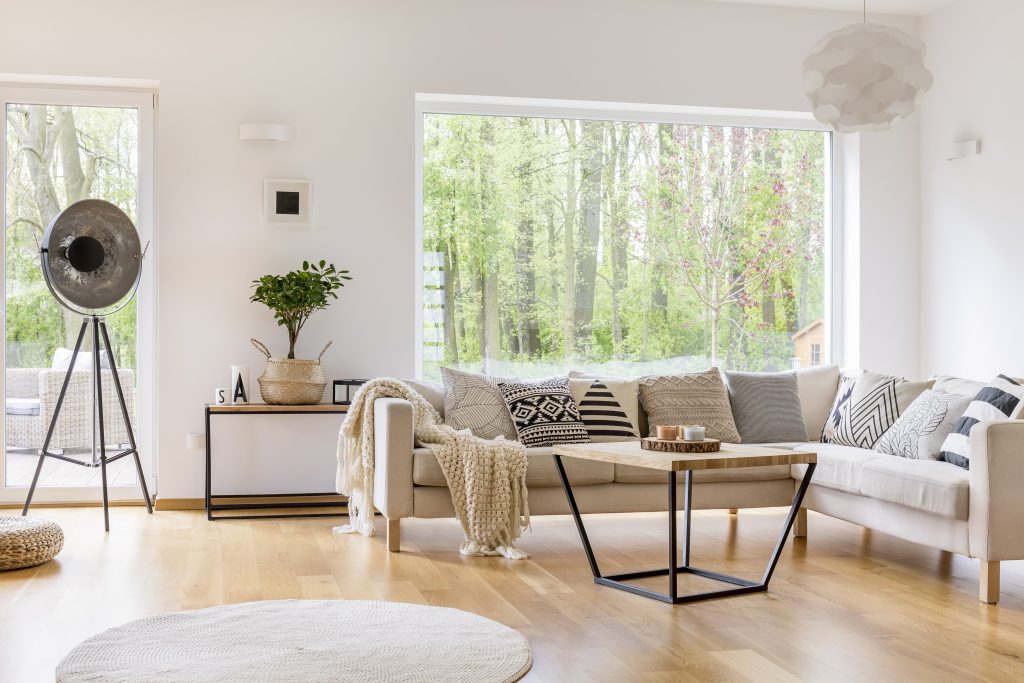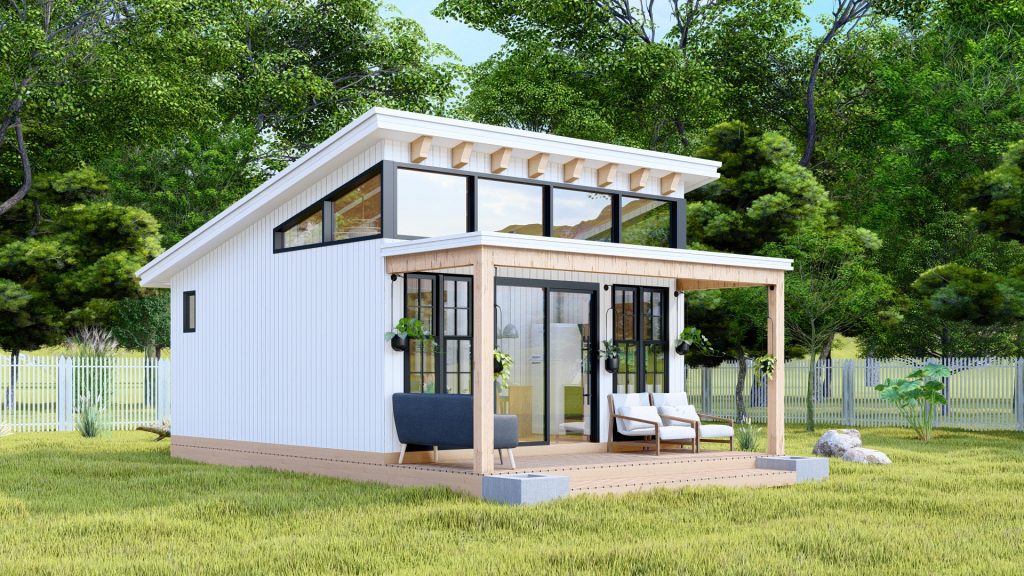As housing demands in Atlanta continue to rise, homeowners are increasingly looking for innovative ways to expand their living spaces. One popular solution is the Accessory Dwelling Unit (ADU). These secondary living spaces, often called granny flats, in-law suites, or backyard cottages, offer homeowners a versatile addition to their properties. Whether you are considering building an ADU for additional income, housing family members, or enhancing your property’s value, understanding the process in Atlanta is crucial.
In this article, we will cover:
- What is an Accessory Dwelling Unit
- Benefits of Building an ADU in Atlanta
- Understanding Atlanta’s ADU Laws and Permits
- Types of ADUs in Atlanta
- Financial Considerations for ADU Development
What is an Accessory Dwelling Unit?
An Accessory Dwelling Unit (ADU) is a small, self-contained living space located on the same lot as a primary residence. ADUs can be detached or attached to the main house, such as additions, over-garage units, basement ADUs, or standalone structures in the backyard. These units typically include a bedroom, bathroom, kitchen, and living area, providing all the amenities necessary for independent living.
Benefits of Building an ADU in Atlanta
ADUs offer a range of benefits for homeowners in Atlanta. They provide flexible, sustainable, and financially rewarding living options. From boosting property value to offering rental income or space for aging family members, ADUs are versatile additions that cater to many needs of local homeowners. These compact, self-contained units can enhance your lifestyle while maximizing the potential of your property.
Increased Property Value
Adding an ADU to your property can significantly increase its overall value. It enhances the usability of your space and can make your home more attractive to potential buyers.
Rental Income
ADUs can be rented out, providing a steady stream of income. This is particularly beneficial in Atlanta’s competitive rental market, where there is high demand for affordable housing options.
Flexible Living Arrangements
ADUs are perfect for accommodating family members, such as aging parents or young adults who need a separate space while staying close to home. They also offer a great solution for multigenerational living.
Sustainable Housing Option
ADUs can help increase housing density without the need for new infrastructure, making them a sustainable option for cities looking to manage urban growth.
A Safe Haven For Friends and Families During Severe Weather Events
In addition to the other classic advantages, an ADU has been used as a safe retreat for friends and family during severe weather events, like hurricanes, tornadoes, or other severe events. An ADU can provide a temporary refuge in times of crisis, giving homeowners the ability to provide safe shelter that is still separate from the main household, providing some sense of normalcy and independence for everyone.

Understanding Atlanta’s ADU Laws and Permits
Before starting your ADU project, it’s essential to familiarize yourself with Atlanta’s zoning regulations and building codes. These rules ensure that ADUs are constructed safely and harmoniously within residential neighborhoods.
Zoning Requirements
In the City of Atlanta, ADUs are permitted in specific residential zones, including R-4, R-4A, and R-5. Each zone has unique regulations regarding the size, height, and placement of ADUs:
- Maximum Size: ADUs are typically limited to 750 square feet.
- Height Limit: The height of an ADU cannot exceed 20 feet.
- Lot Coverage: Combined, the main house and the ADU should not cover more than 50% of the total lot area.
Ownership and Rental Rules
ADUs cannot be sold separately from the main residence, but they can be rented out, which provides a valuable source of income for homeowners. However, regulations regarding short-term rentals, such as those on platforms like Airbnb, are more restrictive.
Building Codes and Permits
All ADU constructions must adhere to local building codes to ensure safety and structural integrity. Homeowners are required to obtain a building permit before starting any construction. The permitting process involves submitting detailed plans, paying applicable fees, complying with the International Building Code, and making local amendments specific to Atlanta. Georgia ADU assists with every step of this process to take the hassle off the homeowner.
Types of ADUs in Atlanta
There are several types of ADUs you can consider for your property, each with its own set of regulations and benefits:
Detached ADUs
These are standalone units, often built in the backyard. They provide the most privacy but must comply with additional lot coverage and setback requirements.
Attached ADUs
These units are connected to the main house, such as a basement apartment or a converted garage. They often face fewer restrictions compared to detached units and are usually less expensive to build.
Over-Garage Units
Popular in urban areas with limited land space, these ADUs are built above an existing garage. They utilize vertical space and existing foundations but must meet specific height and design standards.

Financial Considerations for ADU Development
Building an ADU in Atlanta is a significant investment, and it’s important to consider the financial implications:
Construction Costs
Costs can vary widely depending on the type and size of the ADU, materials used, and labor. It’s crucial to get accurate estimates and ensure they include everything needed, like utilities, permits, design, engineering and finishes to name a few.
Rental Income
ADUs can provide a steady source of rental income. In the City of Atlanta, the rental rates for ADUs can range from $1,000 to $2,500 per month, depending on the size and amenities of the unit.
Property Value Impact
An ADU can increase your property’s market value, especially in neighborhoods where additional living spaces are in demand. However, the impact on property taxes should also be considered.
Contact Georgia ADU For ADU’s in Atlanta, GA
Accessory Dwelling Units (ADUs) offer a flexible, sustainable, and financially viable solution for homeowners in Atlanta looking to maximize their property’s potential. Whether you’re planning to generate rental income, create a space for family members, or simply add value to your home, building an ADU can be a great investment. However, it’s essential to understand the local regulations, permitting process, and financial considerations to ensure a successful project.
For personalized guidance through the ADU design and build process in Atlanta, contact Georgia ADU for a free ADU consultation. Our team of experts is here to help you every step of the way, ensuring your ADU is compliant, beautiful, and tailored to your needs.
